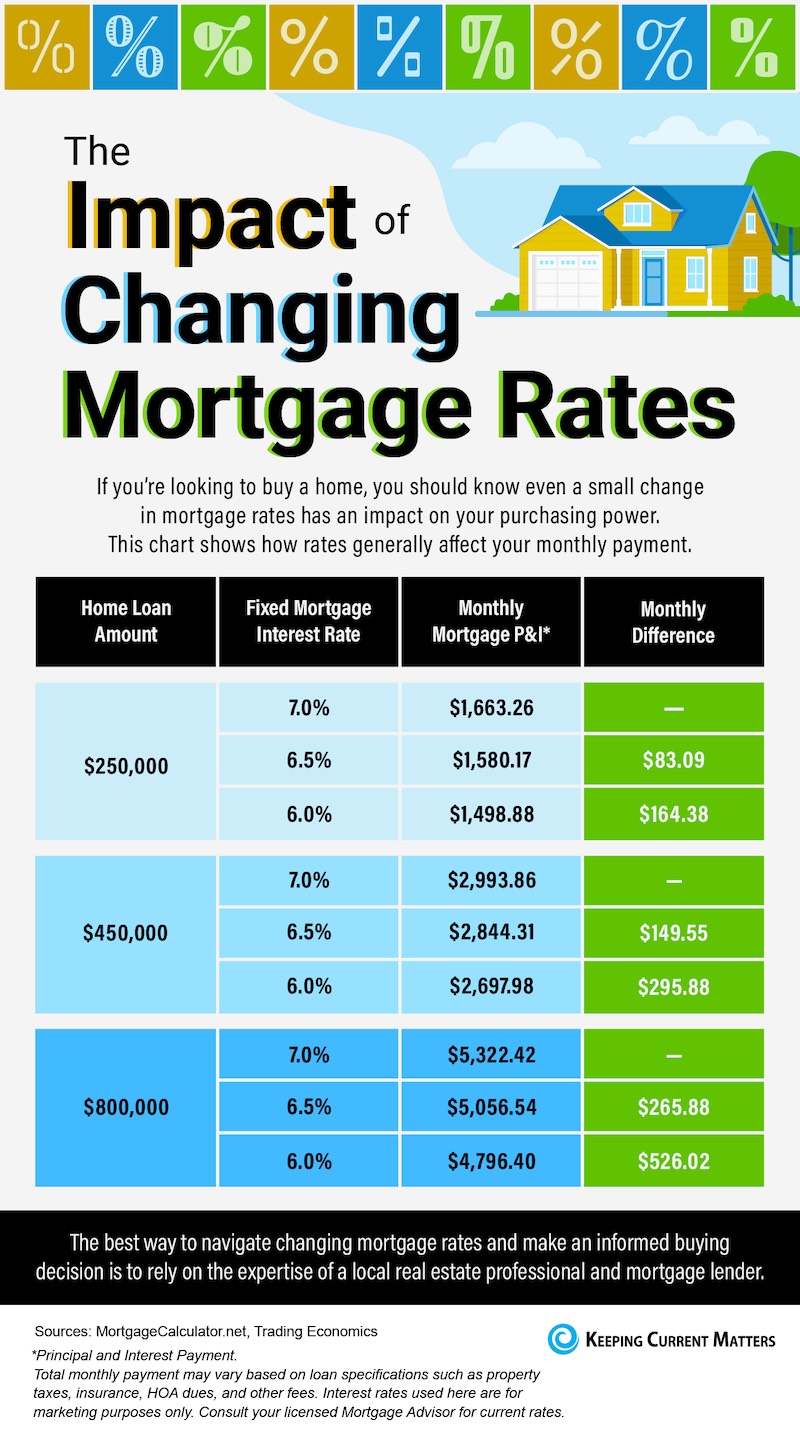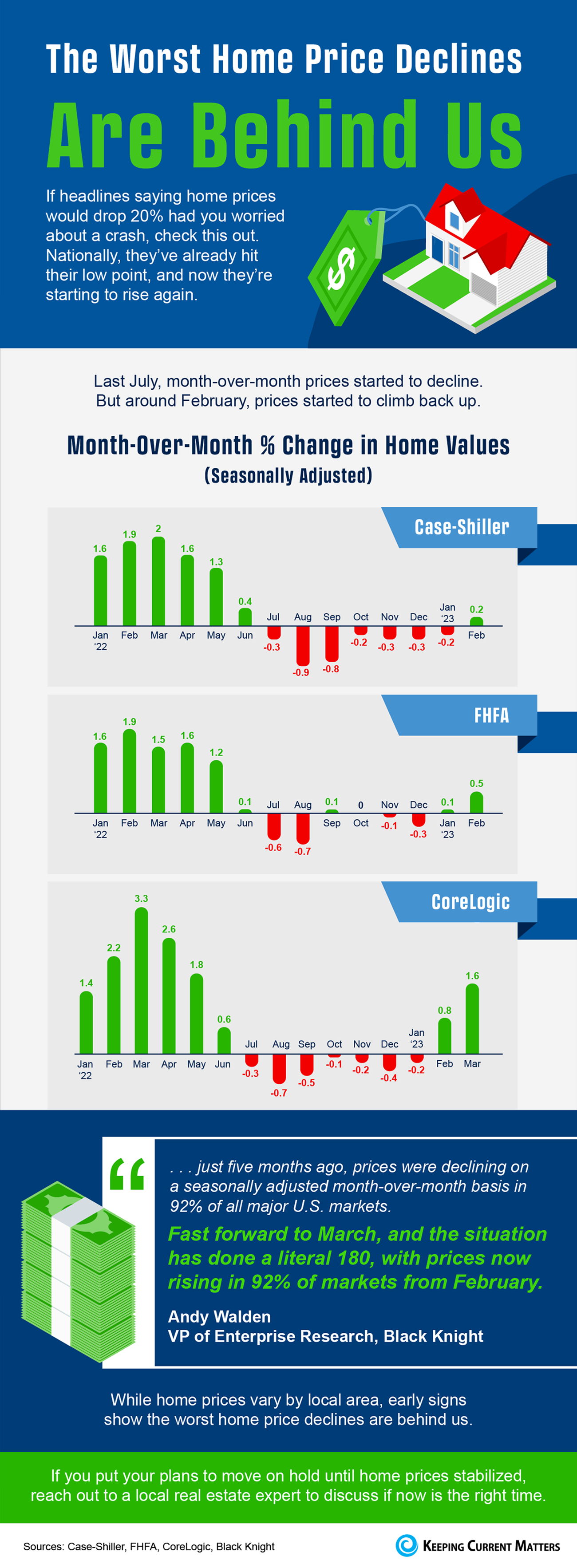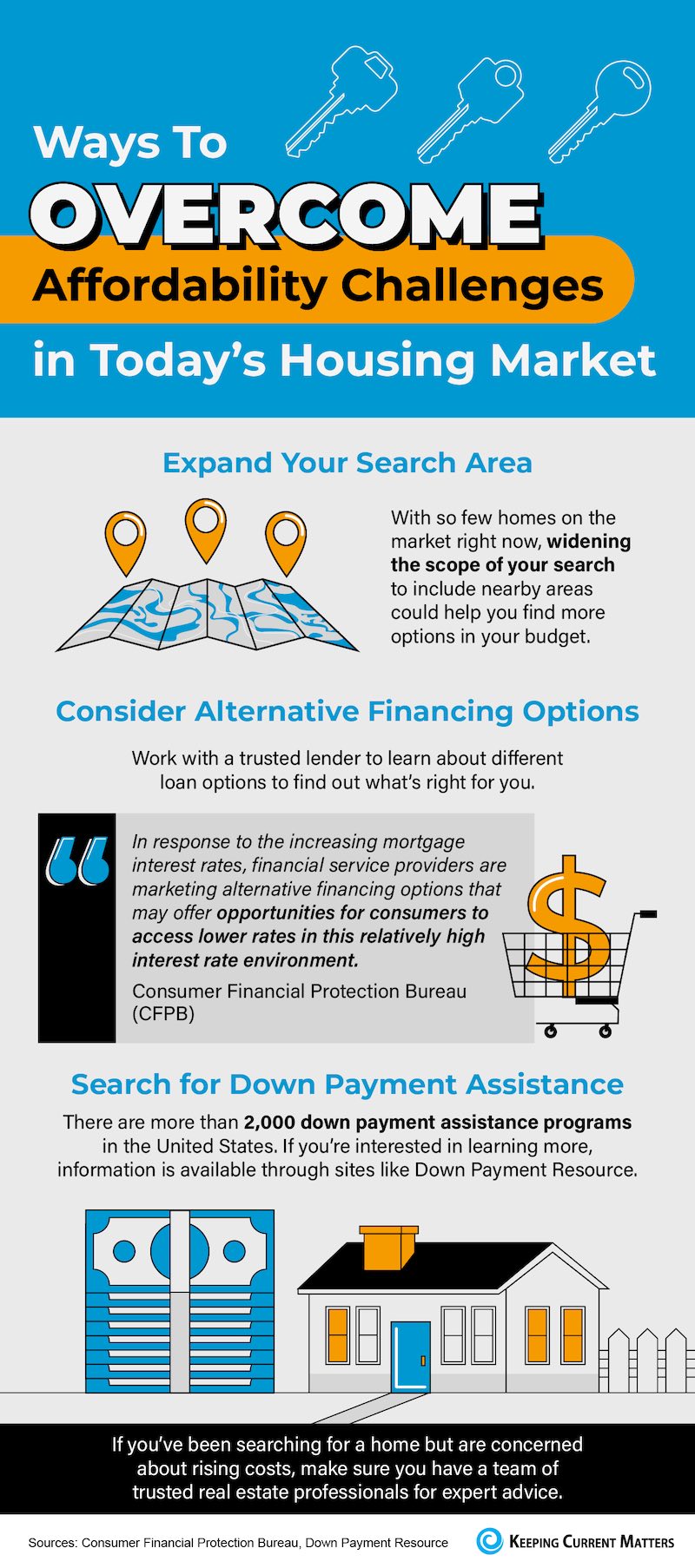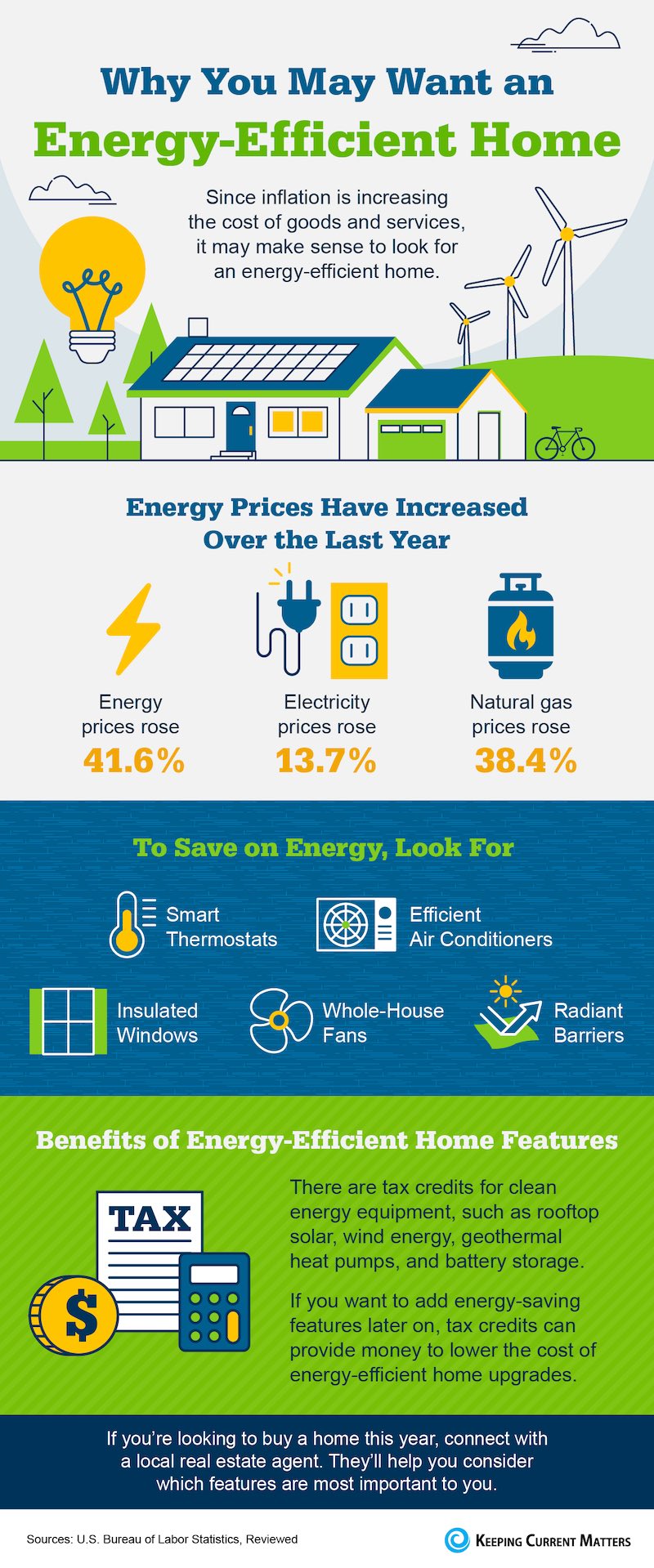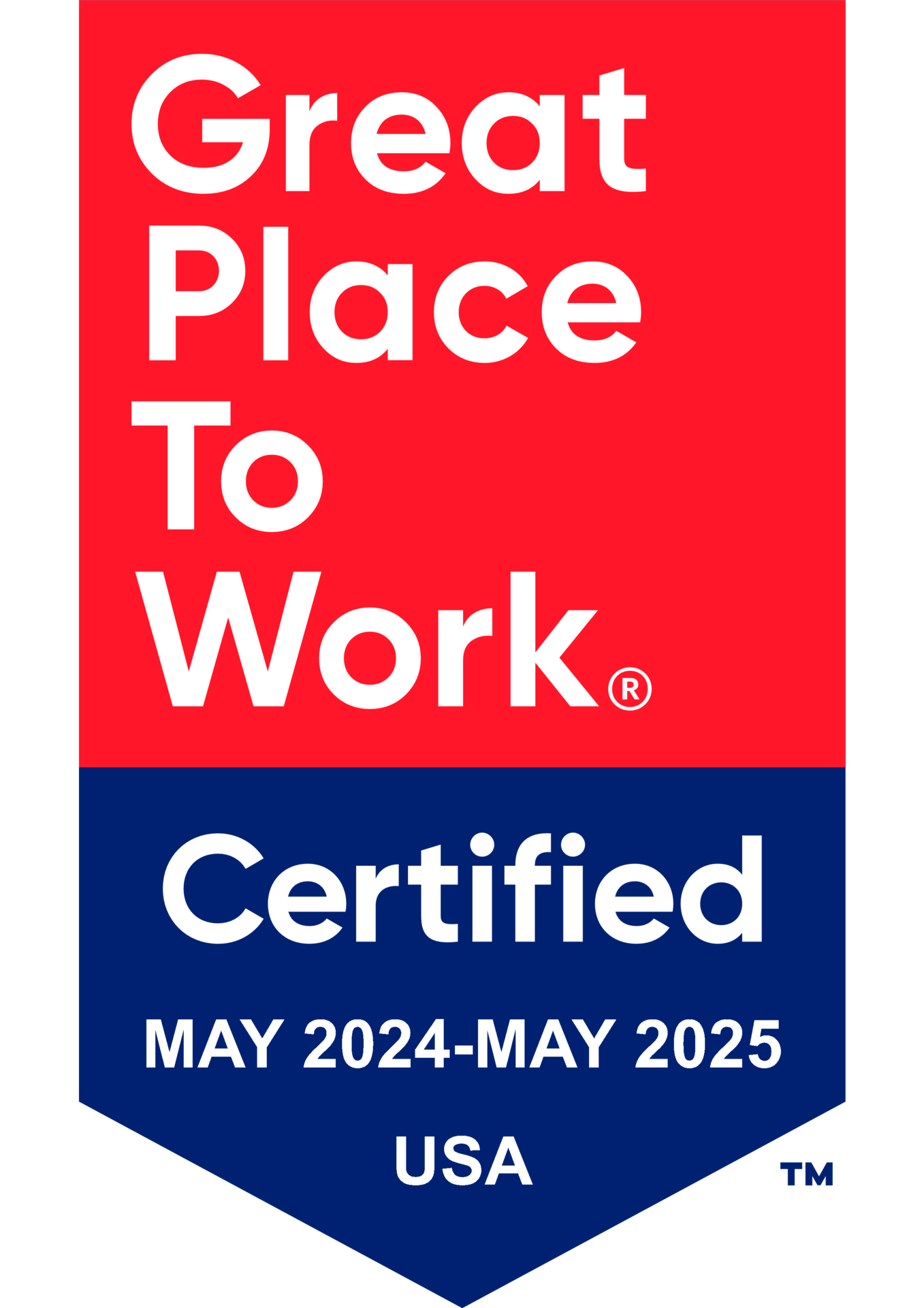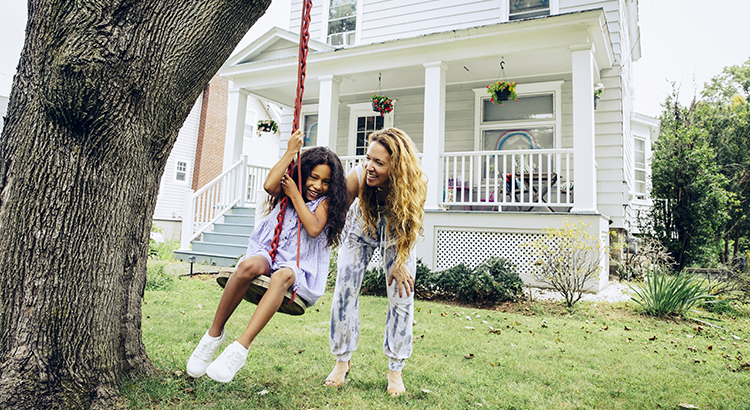
The True Value of Homeownership
Buying and owning your home can make a big difference in your life by bringing you joy and a sense of belonging.
/by
KCM CREW
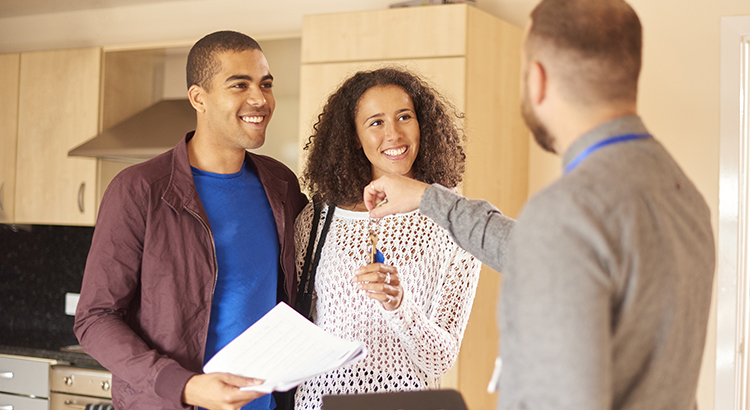
Keys to Success for First-Time Homebuyers
Buying your first home is an exciting decision and a major milestone that has the power to change your life for the better.
/by
KCM CREW

Today’s Real Estate Market: The ‘Unicorns’ Have Galloped Off
Comparing real estate metrics from one year to another can be challenging in a normal housing market.
/by
KCM CREW
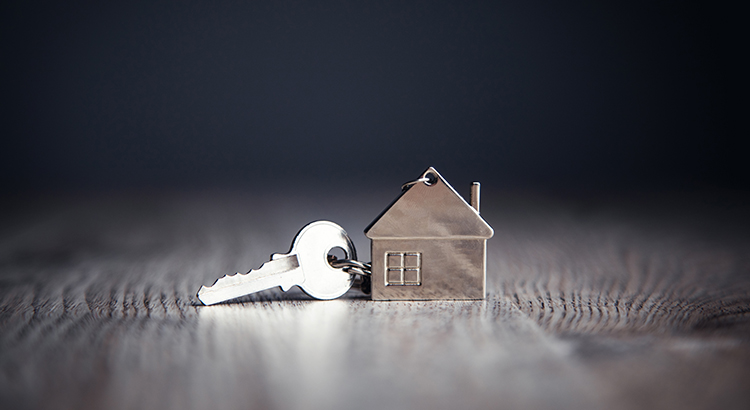
Owning a Home Helps Protect Against Inflation
You’re probably feeling the impact of high inflation every day as prices have gone up on groceries, gas, and more.
/by
KCM CREW
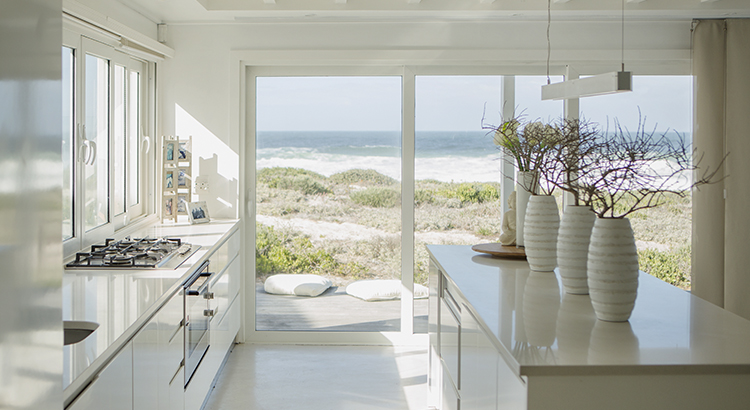
Why Buying a Vacation Home Beats Renting One This Summer
For many of us, visiting the same vacation spot every year is a summer tradition that’s fun, relaxing, and restful.
/by
KCM CREW

Why Buyers Need an Expert Agent by Their Side
The process of buying a home can feel a bit intimidating, even under normal circumstances.
/by
KCM CREW
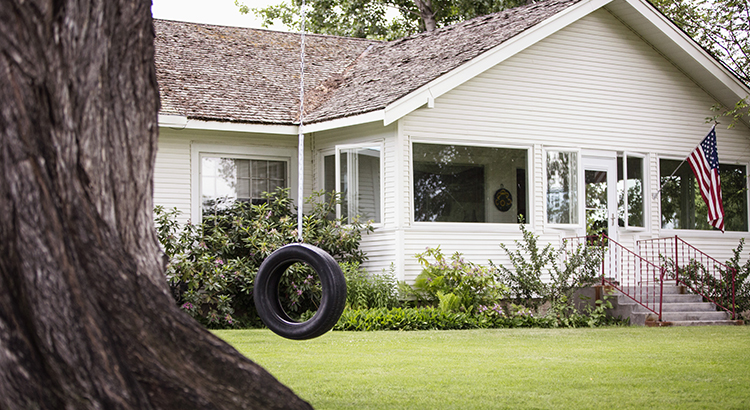
What You Need To Know About Home Price News
The National Association of Realtors (NAR) will release its latest Existing Home Sales Report tomorrow.
/by
KCM CREW
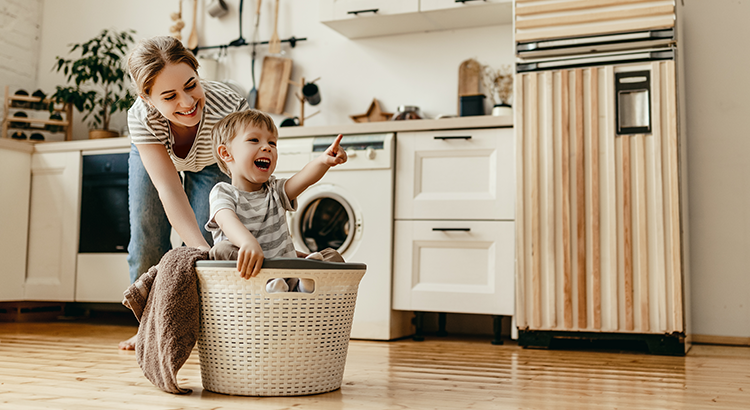
The Worst Home Price Declines Are Behind Us
If you’re following the news today, you may feel a bit unsure about what’s happening with home prices and fear whether or not the worst is yet to come.
/by
KCM CREW
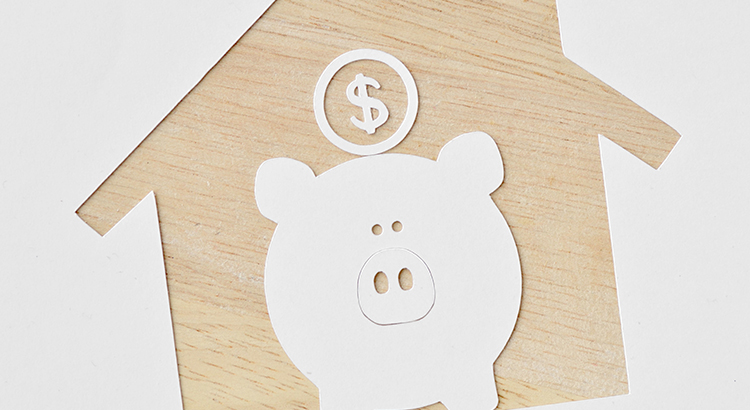
Homeowners Have Incredible Equity To Leverage Right Now
Even though home prices have moderated over the last year, many homeowners still have an incredible amount of equity.
/by
KCM CREW
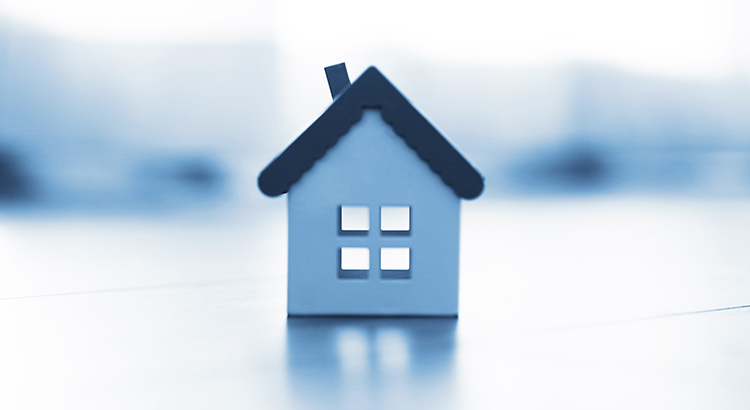
Why Today’s Housing Market Is Not About To Crash
There’s been some concern lately that the housing market is headed for a crash.
/by
KCM CREW
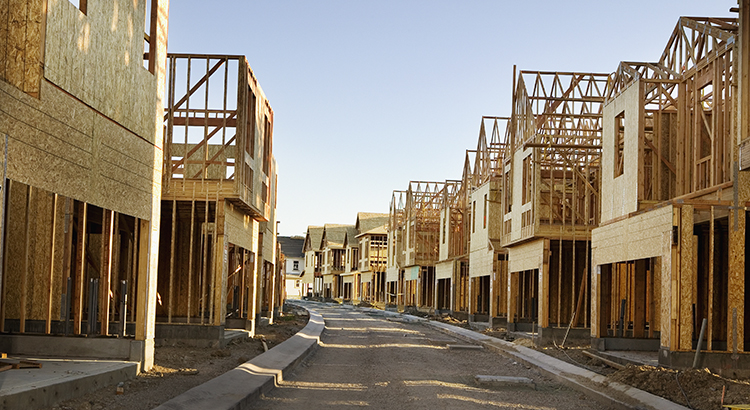
It May Be Time To Consider a Newly Built Home
If you’re looking to buy a house, you may find today’s limited supply of homes available for sale challenging.
/by
KCM CREW
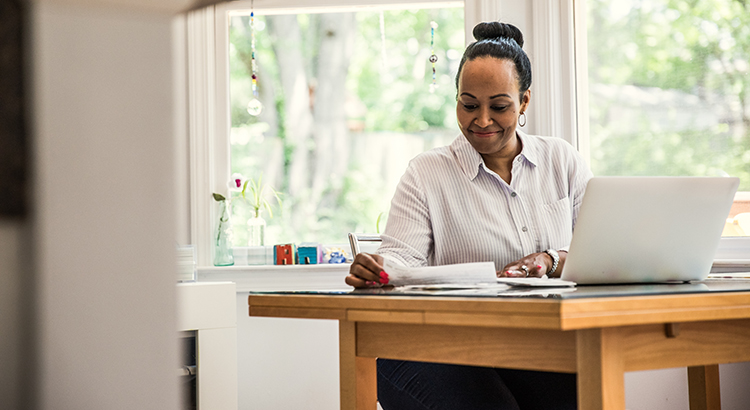
How Homeowners Win When They Downsize
Downsizing has long been a popular option when homeowners reach retirement age.
/by
KCM CREW
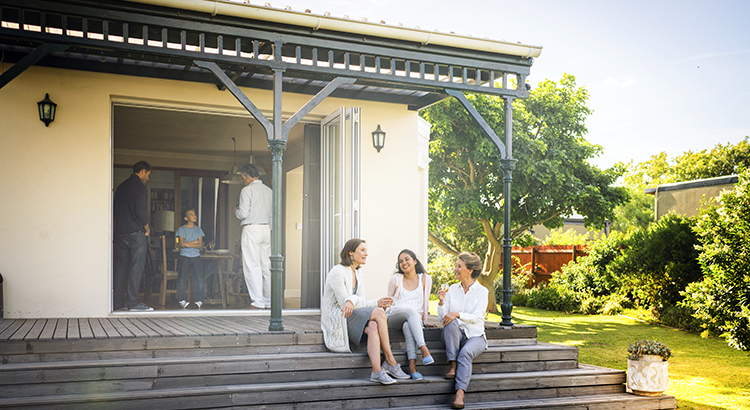
Why Buying a Home Makes More Sense Than Renting Today
Wondering if you should continue renting or if you should buy a home this year?
/by
KCM CREW
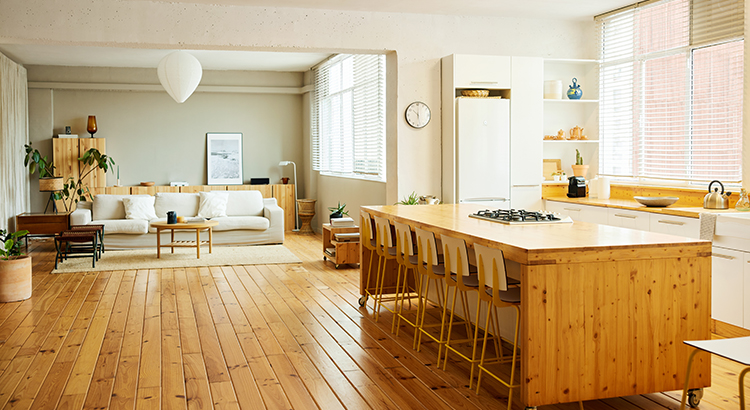
The Three Factors Affecting Home Affordability Today
There’s been a lot of focus on higher mortgage rates and how they’re creating affordability challenges for today’s homebuyers.
/by
KCM CREW

What Are the Experts Saying About the Spring Housing Market?
The housing market’s been going through a lot of change lately, and there’s been uncertainty surrounding what will happen this spring.
/by
KCM CREW
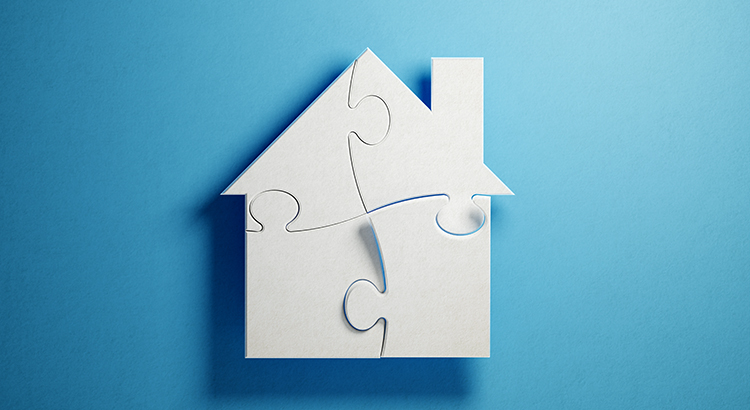
The Power of Pre-Approval
If you’re buying a home this spring, today’s housing market can feel like a challenge.
/by
KCM CREW
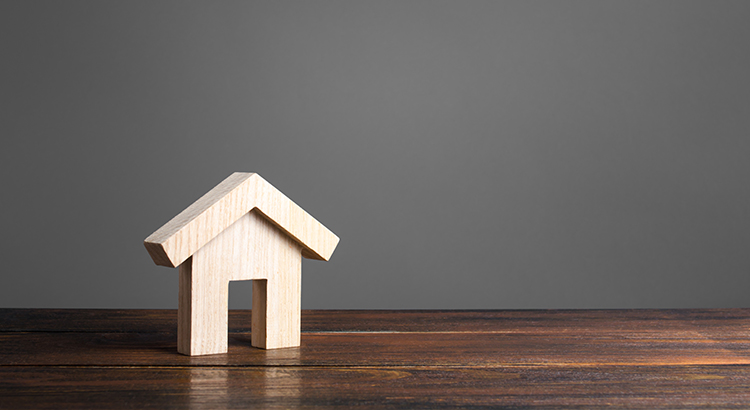
What’s the Difference Between a Home Inspection and an Appraisal?
If you're planning to buy a home, an inspection is an important step in the process.
/by
KCM CREW
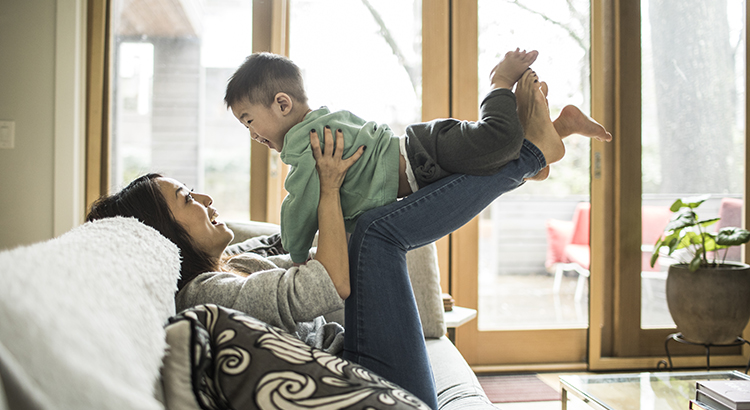
5 Reasons Millennials Are Buying Homes
In the United States, there are over 72 million millennials.
/by
KCM CREW
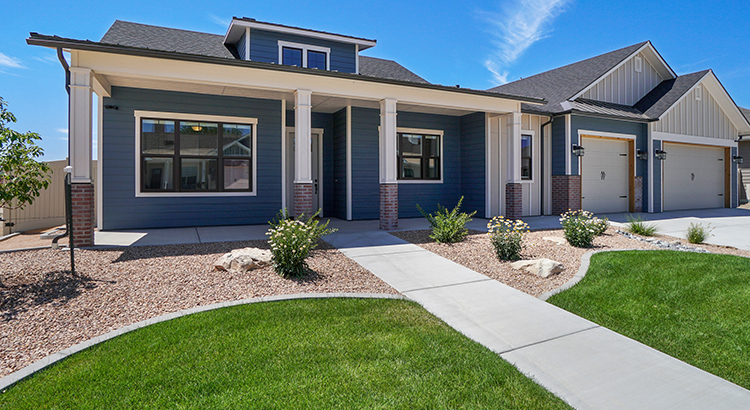
Think Twice Before Waiting for Lower Home Prices
As the housing market continues to change, you may be wondering where it’ll go from here.
/by
KCM CREW

Your Tax Refund Can Help You Achieve Your Homebuying Goals
Have you been saving up to buy a home this year?
/by
KCM CREW


